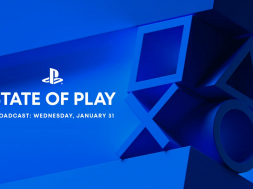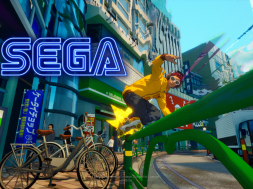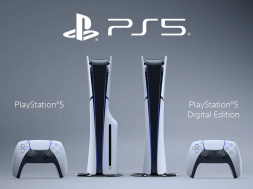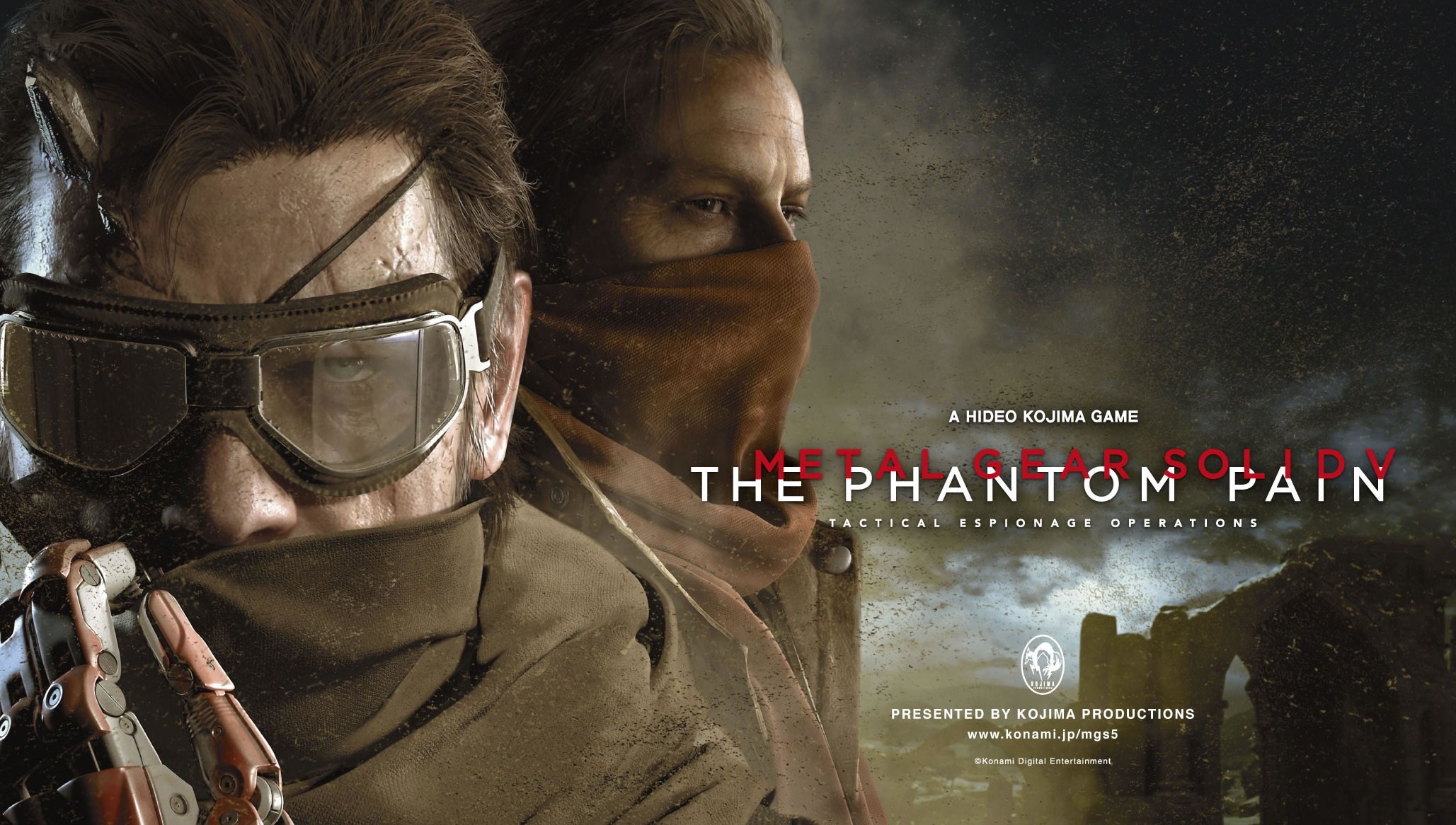The last Hideo Kojima trailer has been released for Metal Gear Solid V: The Phantom Pain, and it is a good one. Normally, a trailer being released this close to launch wouldn’t really be news. I mean, who else is going to be sold on a blockbuster like MGS V? That fanbase was already rabid when The Phantom Pain was confirmed. This time, though, it’s news simply because the man who has made Metal Gear Solid what it is, Hideo Kojima, has parted ways with Konami, the studio who still won the MGS ip. This trailer is the last time anything remotely new will be seen under the Metal Gear Solid banner with Hideo Kojima at the helm – this trailer is the last thing he formally directed for the company before, we assume, leaving in a blaze of glory with robots and explosions and what not.
Kojima and Konami’s split has been anything but amicable, or at least, that’s what all signs indicate. With Kojima‘s name being scrubbed from the game’s publicity and boxes and the general managerial misconduct claims that are being levelled at the company, it’s practically a dead certainty that Hideo Kojima and Konami had very diverging ideas  for both method and realization of his creative output. Thankfully, by the time this had all bubbled to the surface, the blood loss wasn’t quite as catastrophic as it could’ve been – the only true casualties were the conceptual Silent Hills and its fore-father PT. As far as everything seems as of writing, Metal Gear Solid V is as complete and as incredible as both Kojima and fans anticipate, with every trailer and second of gameplay pointing to it being an award-winning masterclass in meticulous creation.
for both method and realization of his creative output. Thankfully, by the time this had all bubbled to the surface, the blood loss wasn’t quite as catastrophic as it could’ve been – the only true casualties were the conceptual Silent Hills and its fore-father PT. As far as everything seems as of writing, Metal Gear Solid V is as complete and as incredible as both Kojima and fans anticipate, with every trailer and second of gameplay pointing to it being an award-winning masterclass in meticulous creation.
There’s still a bittersweet shadow hanging over the game’s release however, and not just because it’s the end of the Metal Gear Solid story as it’s been written. Hideo Kojima‘s final work with Konami is, quite literally, the last breath of integrity the company has left. The holders of classic ip like Castlevania, Silent Hill and Pro Evolution Soccer, Konami have squandered almost all life and worth out of their major series, somehow reducing themselves to needing to put out Silent Hill as a pachinko machine (a particularly painful revelation in the wake of what could’ve been with Silent Hills). There was a time when the Konami logo was a sign of utmost confidence, when it meant, almost without fail, that you were investing in a worthwhile interesting experience. Now it only means resentment at what could’ve been and Metal Gear Solid V: The Phantom Pain is likely to be the last major game under the banner that’s worth anything to the gaming market.
The fact is, Kojima and Konami’s sanctimonious division represents more than just one great mind parting with their incompetent parent company. With Konami’s history of failings and recently revealed byzantine working conditions, it is prime real estate for a case study on how NOT to conduct a media entity into the long-term, but someone of Hideo Kojima‘s stature having to walk away from the kind of legacy of work that Metal Gear Solid has become is a loss not just for Konami but for the video game industry as a whole. Even with this being a better 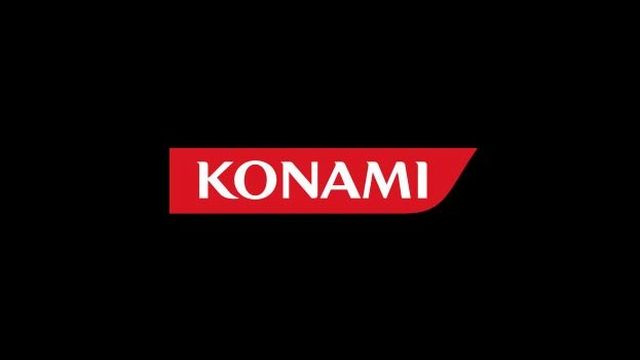 swan song that most other developers could ever hope to achieve, Kojima‘s exit from major publishing is yet another glaring example of the hellish cycle that AAA games can be on creators.
swan song that most other developers could ever hope to achieve, Kojima‘s exit from major publishing is yet another glaring example of the hellish cycle that AAA games can be on creators.
Sadly, Konami and their behaviour is among some of the most reprehensible in gaming, but they are far from without challenge in the category. Video game publishers have developed growing histories of cannibalizing their young, draining development teams of their usefulness before discarding their once loyal corpses. Whether through forcing certain market standards onto new instalments, corralling them into nigh-on impossible schedules or only allowing them to create within certain parameters, the developers working under a major flagship company can find themselves attempting to meet impossible odds and paying all of the price for their failures.
Just this year EA absorbed Maxis, the studio behind the industry-changing SimCity and The Sims series, after a disastrous attempt to reboot SimCity essentially killed the franchise on the spot – many of the aspects which turned people off from the game being implemented by EA. Warner Bros. had an unmitigated disaster on their hands when the finale in Rocksteady’s Batman trilogy Batman: Arkham Knight‘s PC launch 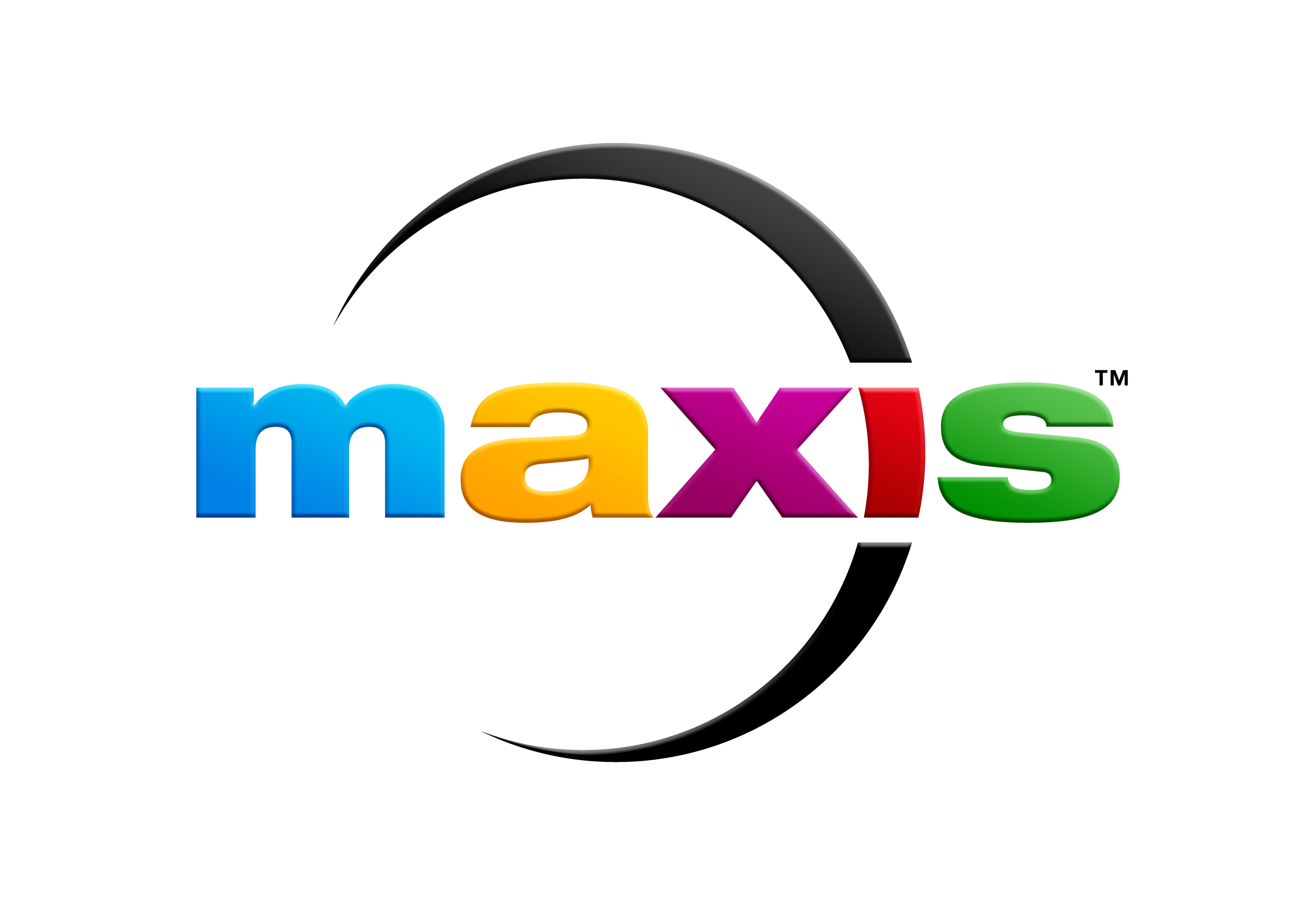 just didn’t run on certain graphics cards (an issue which is only being resolved around now). And Ubisoft’s recent releases have had a range of controversies, ranging from sad excuses and clearly unfinished end product to big questions over the legitimacy of how the game was promoted.
just didn’t run on certain graphics cards (an issue which is only being resolved around now). And Ubisoft’s recent releases have had a range of controversies, ranging from sad excuses and clearly unfinished end product to big questions over the legitimacy of how the game was promoted.
And this is without going into how Microsoft treated Rare like a Kinect lapdog or the practice of season passes forcing well-developed content into piecemeal, limiting both the artistic vision and the player experience. The industry is literally filled with stories of developers, creators, programmers and artists working ridiculous hours and in unhealthy conditions for an end product that will be morphed by powers on high, who have no fear of the bottom-line.
Hideo Kojima‘s final Metal Gear Solid V trailer is a welcome reminder that despite the complete mess surrounding Konami, this will be a good game, because he’s on it and he saw it to completion. But it bears a burden of being representative of so much that’s wrong with the industry. The employees whose work is demeaned for decisions they didn’t make, who don’t have the protection of being Hideo Kojima. The people who, if they started a kickstarter, would struggle to find traction, who work at itch.io projects and who make clever indie games hoping to get their break because the system for employment otherwise is too torturous a gambit. The era of Hideo Kojima‘s Metal Gear Solid may be over, but the industry’s phantom pain remains for another day.


